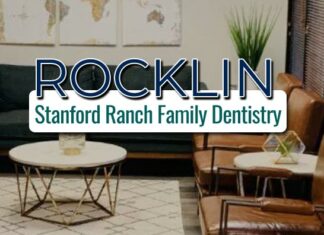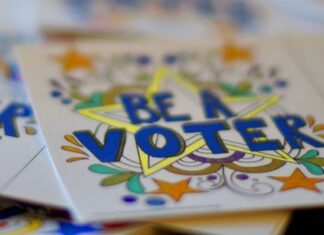In 1971, a New York City native, Army Lieutenant Ed Madara, was stationed at an ammunition depot in the Vietnamese Central Highlands, in Phu Tai.
“But I grew up in Brooklyn as the son of a New York City policeman, and the oldest of eight kids,” said 61-year-old Madara in a telephone interview.
Perhaps from being around so many children while growing up, Lt. Madara enjoyed making regular visits to a Catholic-run orphanage near Phu Tai that cared for about 80 children with disabilities. Many were amputees from land mines.
“I would take a bunch of guys in a truck, and we would work on different projects around the orphanage,” he said, “such as trying to build a playground. We would bring them food and candy.” None of the amputee Vietnamese children had decent leg or arm prostheses.
In 1973, after returning home, Madara and his wife tried adopting a child from that same South Vietnamese orphanage. They worked through agencies, and spent money in preparation, only to have South Vietnam fall to Communist hands in 1975.
As an alternative, the Madaras decided to adopt an American child, 3-year-old Carrie, born with cerebral palsy and gait ataxia. Madara was also touched by disability through his brother-in-law, who, though expected to die before age 18 of a form of muscular dystrophy, ended up graduating at the top of his class from John Jay College.
Madara then began working for Saint Clare’s Hospital in New Jersey as a community educator in mental health. He worked with different support groups, and soon realized these groups could use a central organization to help them get their word out. In short time, Madara had made contacts with fifty groups.
Today, Ed Madara is director of American Self-Help Group Clearing House, which provides online and catalog information for about 1,200 organizations offering support groups nationwide. It also helps people interested in starting particular support groups, including many groups that serve people with disabilities and their families. The clearing house licenses its database to many online medical-related websites.
“I’ve been doing it now for almost 30 years,” he said. “It’s social networking. All we do is get lay people together who have similar interests.” His advice for people with disabilities feeling isolated was to get Internet service, a free used computer, and find an online support group.
(21+ years strong)
Welcome to the brighter side!
Get in front of local customers! 24/7 (365)



















